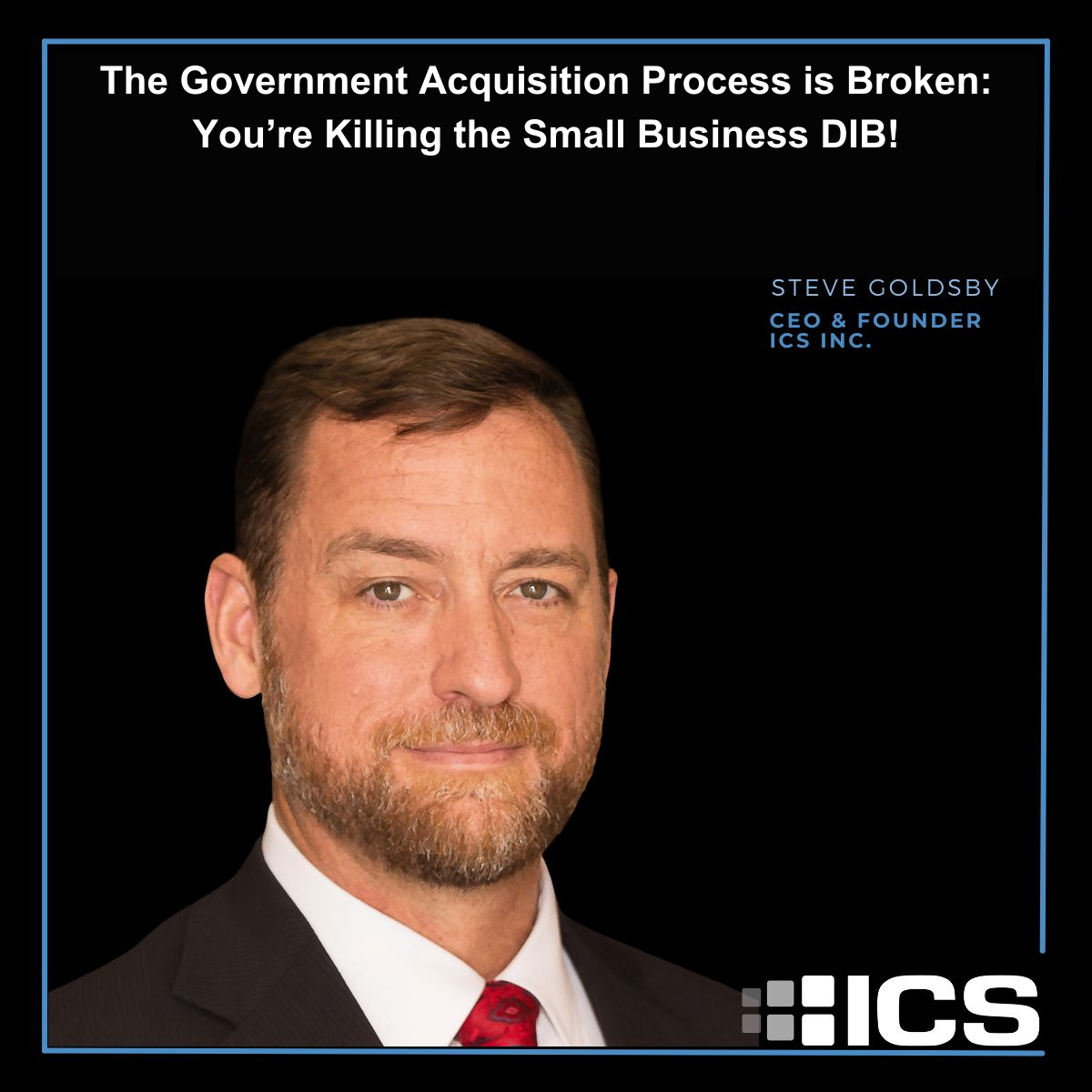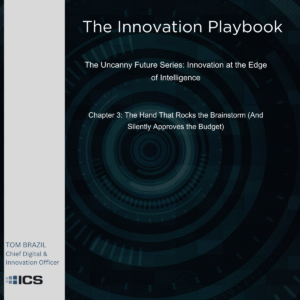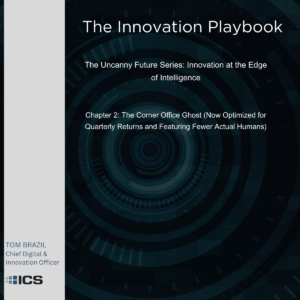The Small Business Defense Industrial Base (DIB) can’t take the beating a large business can.
** This post is part of our series on how we can improve government/industry engagement to deliver better mission outcomes. In case you missed it, see our initial post!
Small businesses are disproportionately impacted by short response windows. While these qualified small businesses have the technical capabilities to meet complex requirements successfully, their smaller teams and financial resources make rapid pivoting extremely difficult. Small businesses can likely meet most if not all requirements of the Agency, particularly those qualified under contract vehicles like Alliant or OASIS, at a lower cost and increased quality. Program success can mean life or death for a small business industry partner (a great incentive to perform!), but compressed timelines impair our ability to develop solutions.
Identifying partners, negotiating teaming agreements, recruiting niche talent, and developing custom solutions take time that small businesses lack but larger contractors can absorb by reassigning staff. For example, a small business with two solutions architects and a small support staff may require 4-6 months to design a complex cloud migration strategy. This same task may take just weeks for a large contractor with 50+ architects and support staff to shuffle around.
Likewise, small businesses cannot feasibly staff up and down at will. Hiring takes longer without a large business’s expansive HR and recruiting infrastructure. Lengthy federal sales cycles mean small businesses must operate lean and cannot afford to carry excess staff. These limitations hinder small businesses’ agility in solutioning and recruiting for complex new work.
While small businesses awarded E3SB or SETI SB do possess the technical ability for even advanced requirements, turning capabilities into optimized solutions requires early engagement and sufficient time. The current compressed acquisition process effectively locks capable small businesses out of opportunity without reform.
Small businesses drive innovation. Why are we hobbling them with unnecessary and unhelpful hurdles in the acquisition process?







